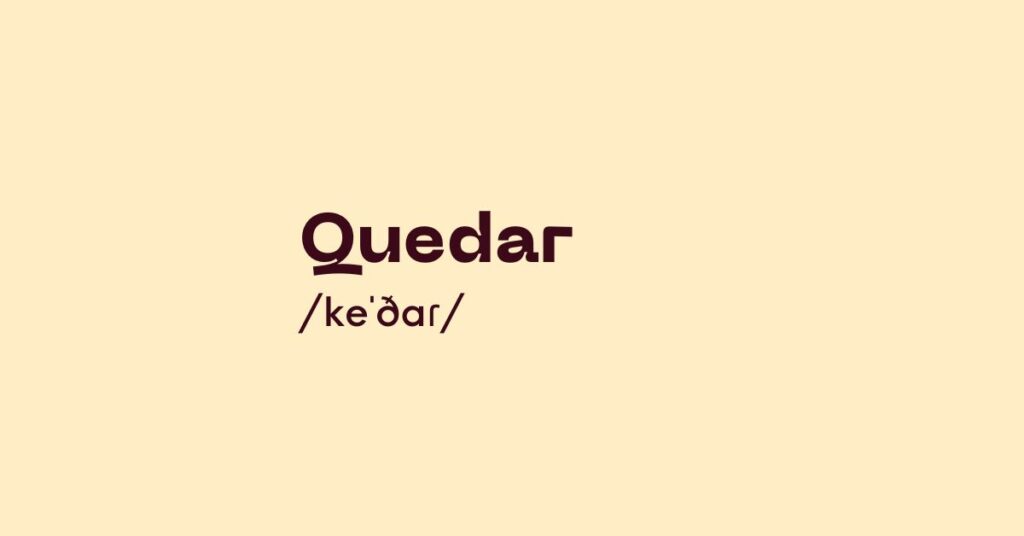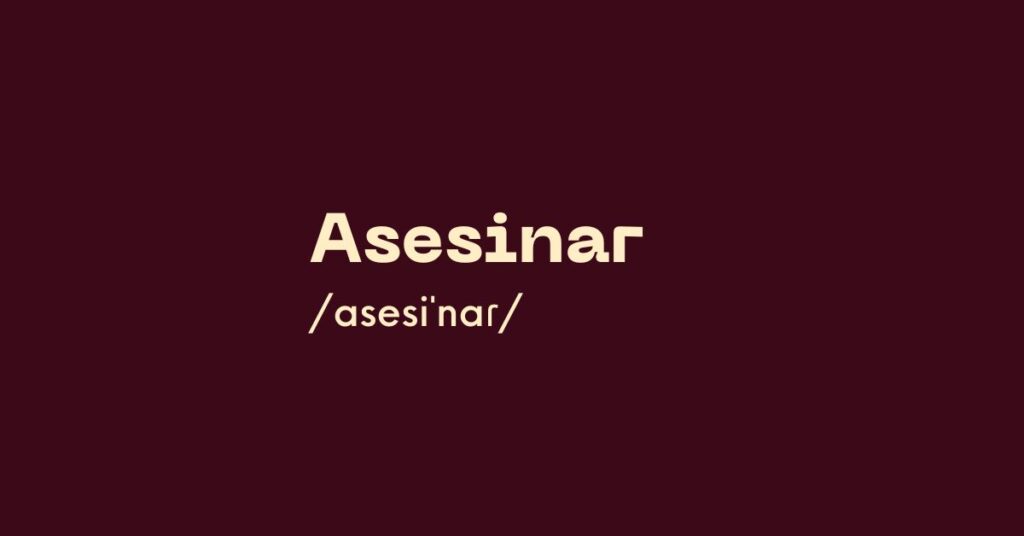Gustar
Today’s Spanish word of the day is “gustar”. It’s a verb that literally means “to please”, but is used in a lot of situations where we would use the verb “to like” in English. It can also mean “to taste” in the context of trying food. Using the verb “gustar” can be tricky for English […]









